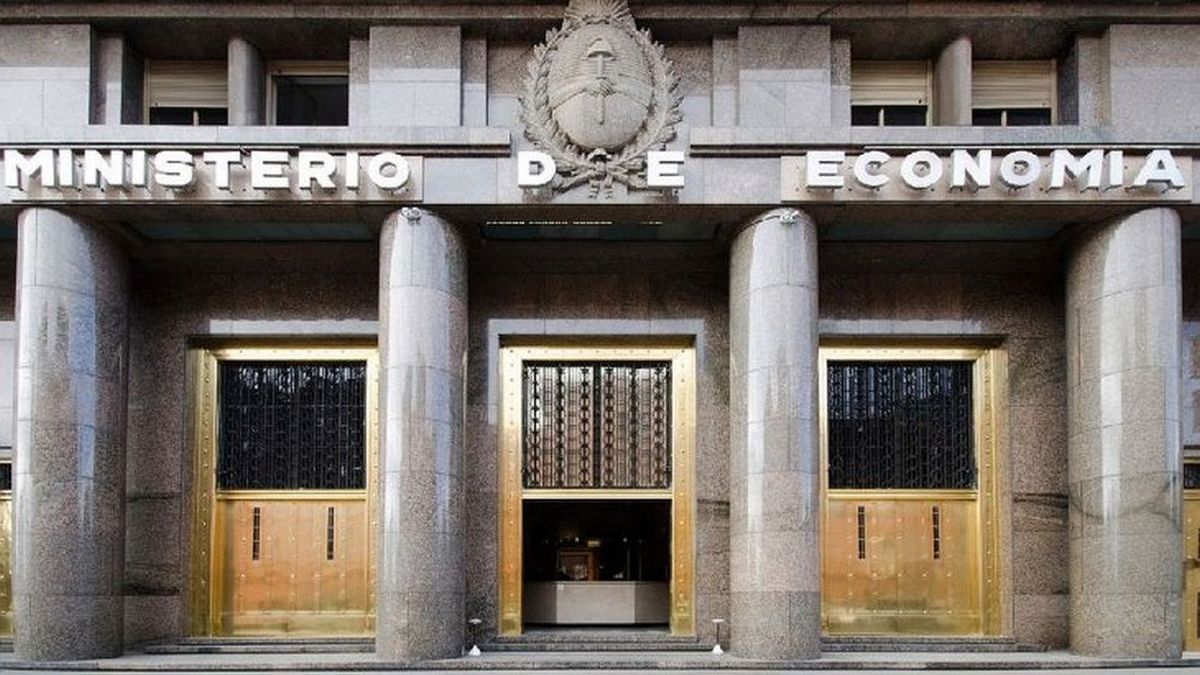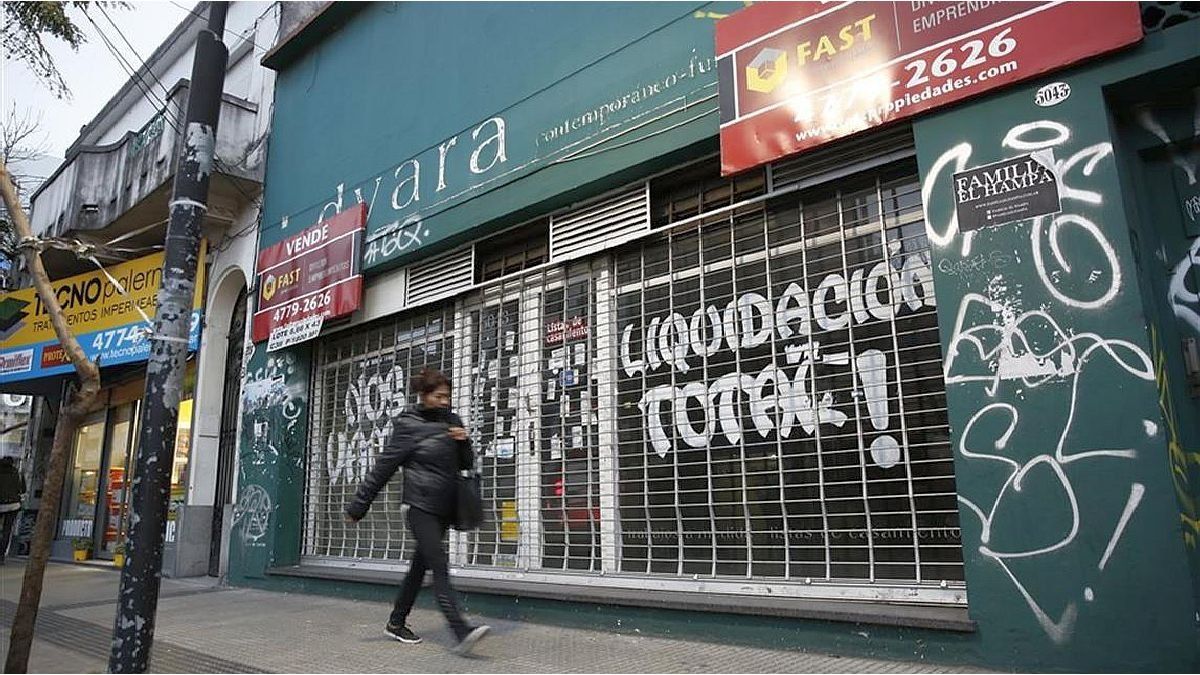Everything indicates that the Ministry of Finance will try to add a significant amount of net financing, as it did in the first tender of the month. At that time he had to “roll” about $125 billion, but placed just over $320 billion face value. In that tender, the Treasury tried to stretch the maturity horizon already entering 2023, an election year, with a market that has not yet cleared up its doubts about the future.
In October the economic team has to pay in pesos $307,600 million, corresponding to bonds. On the other hand, another $280,131 million are due of transitory advances of the Central Bank (AT), that the Ministry of Economy is not going to renew if Massa complies with its announcement that it will not add more aid from the monetary entity in the remainder of the year.
With the placements of September andhe Ministry of Economy would already have a large part of the funding necessary to return the money to the BCRA. Then there is the final bimester that will require a great effort. Bond payments must be made in November for the equivalent of US$5.55 billion and another US$866 million in AT. In December, there are another US$6,018 million and US$4,016 million, respectively.
A) Yes, It is expected that the economic team will try to anticipate all possible funding to face, above all, the pressure of the TAs.. In the case of bill maturities, a new exchange is not ruled out.
The emissions curves that the government made this year show strong differences in interest rates between the short and long term in favor of the latter. This indicates that the perception of risk rises as 2024 approaches. In the first round of the month, bills with maturities in January, February and June were placed. In the economic team they are aware of the mood of investors and therefore seek to prepare attractive offers.
Referents of investment funds understand that in the event of a possible change of political sign in 2024, Sergio Massa is going to try to bring debt maturities to the next administration. But in addition, they suppose that a government of the current opposition is going to try to unify the exchange rate and, therefore, could reshape it. That is why some operators believe that it would be a bad sign if there are maturities beyond December 2023 in the next proposals.
The reasoning in the market is that when in the first half of this year the rumors of reprofiling had already been installed, the then Minister of Economy, Martín Guzmán, sent a signal that activated the bullfight: when he was achieving good results with the tenders for bills with maturities within the year, in April it tried to offer Lecer (inflation-adjustable bills) only with maturities of 2024. That was decoded as the reprofiling rumor was true. Now you think the same.
On the contrary, in the current economic team they consider it key to gradually extend the deadlines to prevent them from concentrating in the months prior to the elections, which would bring more uncertainty to the market.
Source: Ambito
David William is a talented author who has made a name for himself in the world of writing. He is a professional author who writes on a wide range of topics, from general interest to opinion news. David is currently working as a writer at 24 hours worlds where he brings his unique perspective and in-depth research to his articles, making them both informative and engaging.




